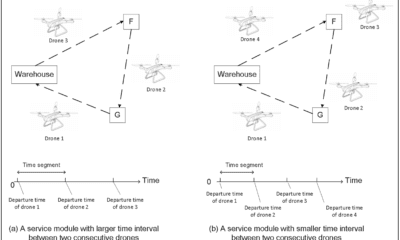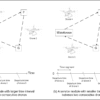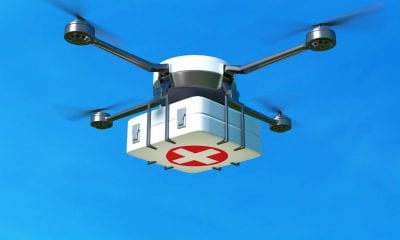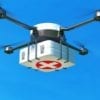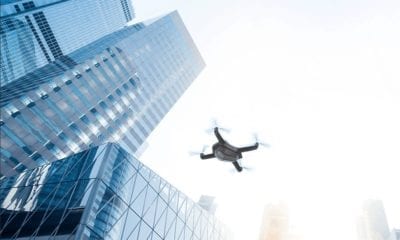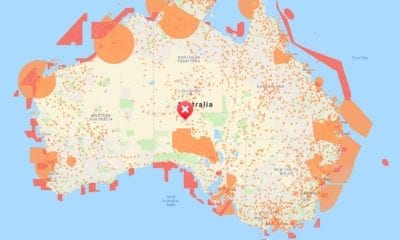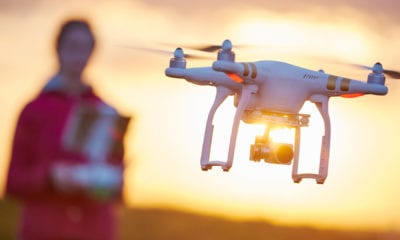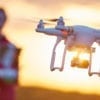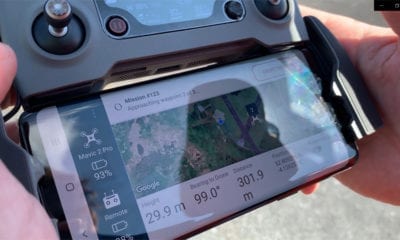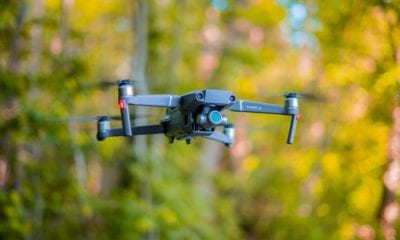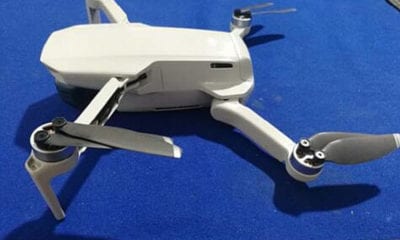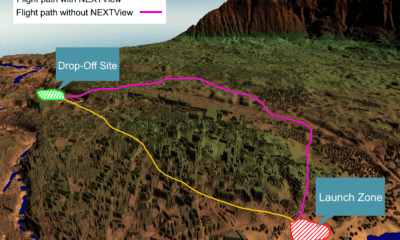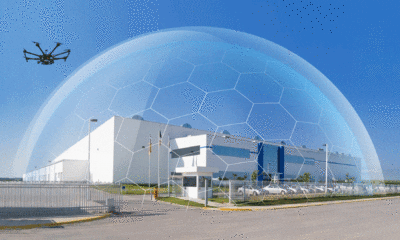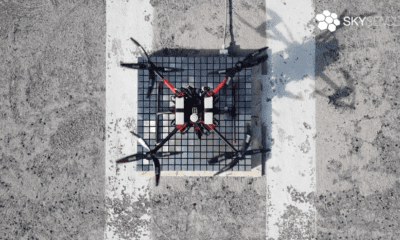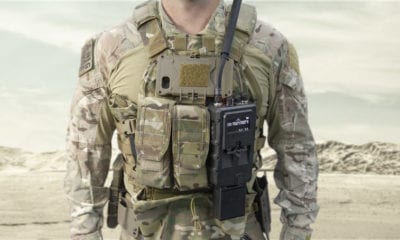
Drone Delivery
NHS to Adopt Drone Delivery in Scottish Highlands
In a first NHS Highland Scotland will use drones and driverless cars to ferry medical supplies across the region. The potential of using drones to deliver medical supplies to GP surgeries, hospitals and care homes is being investigated in the Highlands.
NHS Highland is working with Highlands and Islands Enterprise and the University of the Highlands and Islands on the project. The NHS Highland health board said the project, which is based in Inverness, was still in the early stages. The board is also exploring whether drones could be used to fly supplies onto the 36 inhabited islands in its area in a move the board has hailed as “exciting and unparalleled”.
NHS Highland is the largest in Scotland and covers an area of 32,500 km2 and is equivalent to 41% of Scotland’s land mass. The area is also often blighted by poor weather so the Board is now tendering for a partnership with an aerial drone operator to improve the reliability of getting urgent supplies across the area.
A document released by the board states: “We envisage that in the future that drones and unmanned vehicles could form a key part of our logistics service and add resilience into our supply chains. We need a service that can deal with the worst aspects of the weather and our mountainous terrain but still be resilient and reliable. A service that is safe and secure is of paramount importance as is the ability to demonstrate that a cost-effective and sustainable service can be achieved. The Prior Information Notice (PIN) has been issued so that the partnership can have a look at what is currently out there, both in terms of the market and the available technology”.
Background work is already being done by various national agencies to clear the way for organisations to identify and invest in drone technology, including the NHS which is increasingly using high-tech alternatives to traditional roles.
A fleet of futuristic robot porters are roaming the corridors of the flagship Queen Elizabeth University in Glasgow.
The robots – known as automated guided vehicles (AGVs) – will use a network of underground tunnels and a dedicated lift to navigate the 14-storey hospital. The battery-powered NHS porters gather at certain designated spots around the hospital waiting for staff to call them into action. They are capable of collecting a wide range of cargo including kitchen materials, linen and medical supplies dispensed from specially-designed loading bays. The robots are also able to call themselves a lift which allows them to deliver the goods to the correct floor.
A UK Government-backed study has proposed introducing drones to ferry blood and medical supplies between London’s main hospitals.
Guy’s and St Thomas’ NHS Foundation Trust has been working with a global innovation foundation Nesta in its research funded by Innovate UK, the Government agency funding science that will see a drone network connecting 34 London hospitals to deliver life-saving supplies and quicker test results for patients.

